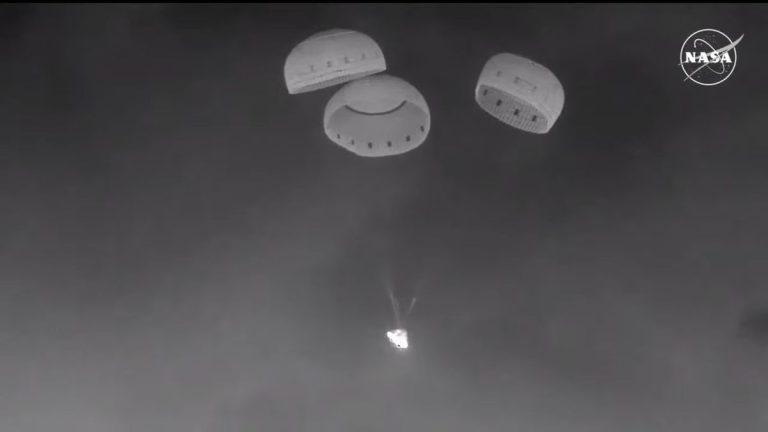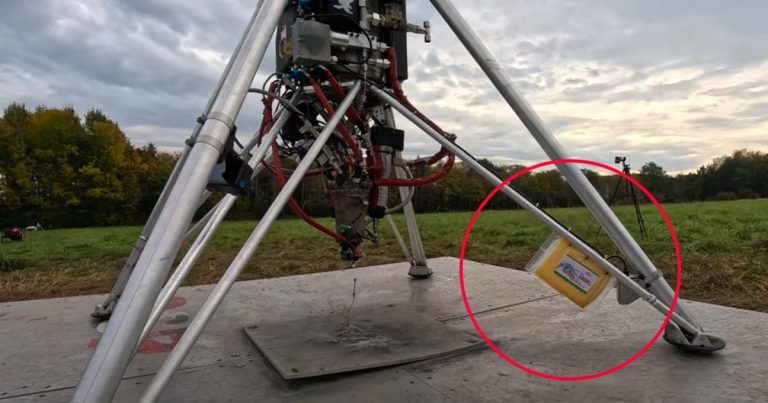
DLR and NASA Jointly Developing Software Package for Quantum Computers (Image Credit: Payload)

- The software will be open source.
- A module from the DLR research group can be used to explore quantum computing for applications such as flight route optimisation or satellite missions planning.
- Focus: Quantum technology, quantum computing, digitalisation, aerospace
COLOGNE, Germany (DLR PR) — The German Aerospace Center (Deutsches Zentrum für Luft- und Raumfahrt; DLR) and the US National Aeronautics and Space Administration (NASA) are collaborating on a software library that will make it possible to use today’s quantum computers to explore the potential of quantum computing to solve real-world aerospace application problems.
The Quantum Computing research group at DLR has already published a software module that has been used to explore quantum computing approaches for tasks such as optimising routes for transatlantic flights, allocating aircraft at major airports or planning satellite missions. NASA and DLR are now developing further modules and will subsequently make them available as open-source software. The cooperation was agreed in January 2022.
“As one of the first and world-leading research groups for application-oriented quantum computing research, NASA’s research group, the Quantum Artificial Intelligence Laboratory (QuAIL), is an attractive cooperation partner for DLR. There are many similarities with DLR’s research goals and use cases,” says Tobias Stollenwerk, head of the Quantum Computing Research Group at the DLR Institute for Software Technology in Cologne.

DLR and NASA have been conducting joint research on quantum computing since 2016. This cooperation will now be strengthened. Among other things, software is to be further developed to support the creation of new quantum computer algorithms. There is also a focus on software for compiling and error suppression in computing processes.
The partners are also continuing to work on the DLR group’s software module. The module serves as an interface for the transfer of industrial planning problems to quantum computers. It was developed in the Enabling QUAnTum AdvantagE (EQUATE) project. The project is investigating whether a certain problem can be solved faster on a state-of-the-art quantum computer than on a conventional computer. It is also looking at how quantum computers can be efficiently used in combination with conventional computers.
Quantum computing at the DLR Institute for Software Technology
The Institute for Software Technology has been researching quantum computing since 2015. The Quantum Computing research group is part of the High-Performance Computing Department. The central tasks of the group include the development and study of algorithms and software for early quantum computers.
Quantum computers promise extreme runtime improvements for certain application problems that cannot currently be solved with conventional computers. While conventional computers solve computational tasks using ‘bits’ that take one of two values, zero or one, quantum computers work based on ‘qubits’. These can assume many different states simultaneously. Algorithms that exploit these properties optimally can significantly outperform conventional algorithms.








